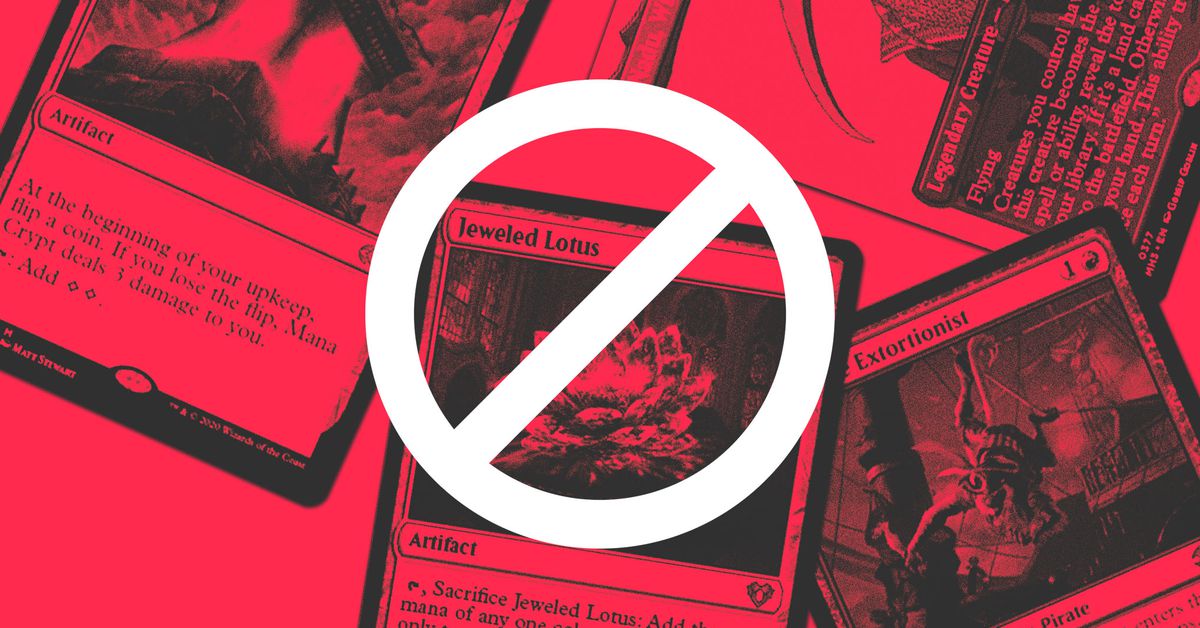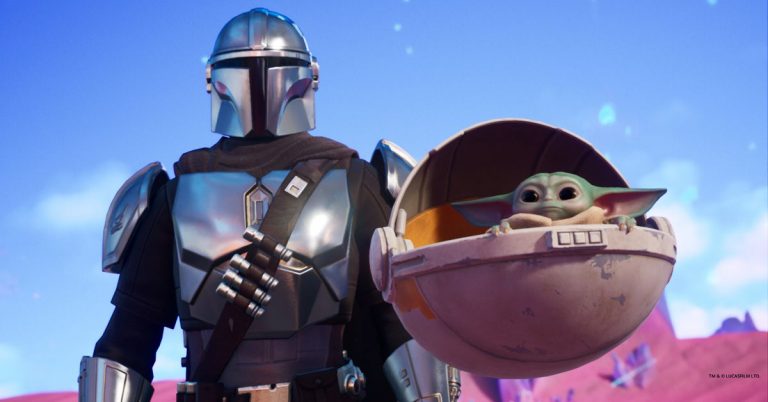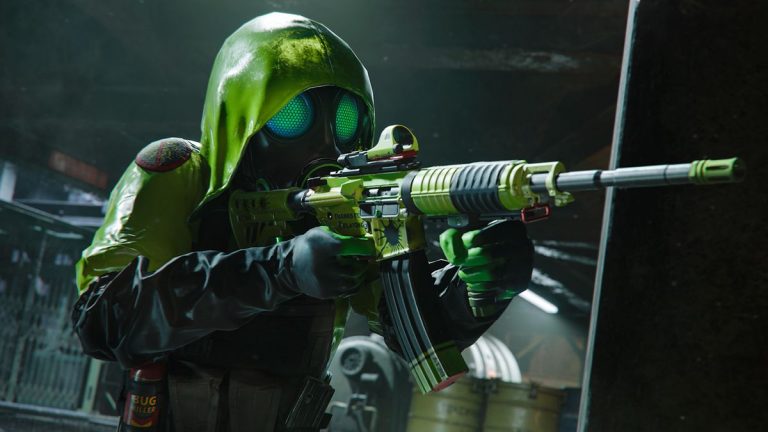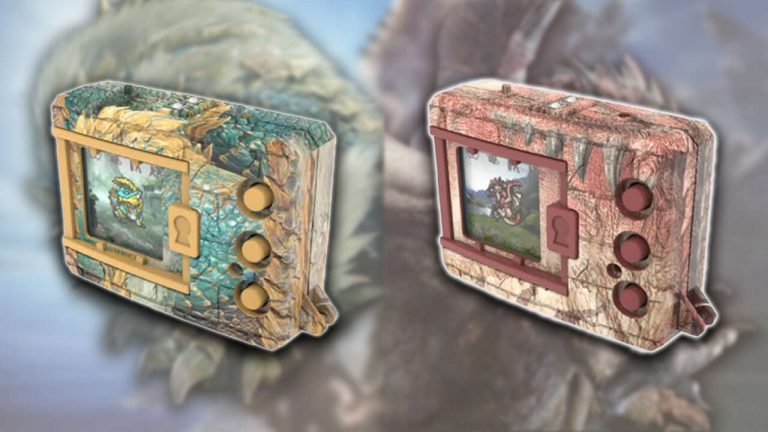Magic: The Gathering’s Dominant Format Implodes: The Shocking Downfall of Four Elite Cards

The Fate of Commander: How a Card Game Format’s Governance Change Raises Concerns About the Game’s Future
Wizards of the Coast, the publisher of popular trading card game Magic: The Gathering, has decided to take control of the game’s Commander format. This move follows a contentious decision by the format’s volunteer-led committee to ban four powerful cards, sparking widespread outrage and harassment.
The Commander format, once known as Elder Dragon Highlander (EDH), emerged in the late 1990s as a casual, social playstyle within the Magic: The Gathering community. Over time, EDH evolved into Commander, a format that emphasized creativity and diversity in deck-building. Until recently, the format’s rules and decisions were in the hands of a small but dedicated community of Magic: The Gathering players and content creators, known as the Commander Rules Committee (CRC).
The controversy surrounding the banned cards, Mox Amber, Simian Spirit Guide, Grim Monolith, and Bloom Tender, led to intense online harassment against the committee members and the community’s leaders. In response to this backlash, the CRC announced that they would surrender control of the format to Wizards of the Coast, citing the inability to voluntarily govern the large and growing community without corporate protection.
This shift raises concerns about the future of Commander. Without the commitment to banning cards that warp the game’s balance and stifle creativity, Magic: The Gathering may prioritize profits over community interests. In the past, the CRC’s bans aimed to create a more level playing field, but with Wizards of the Coast in charge, there is no guarantee that this commitment will remain.
Commander vs. Standard Play
For fans of Magic: The Gathering, the dichotomy between Commander and Standard play is stark. While Standard games are often won by decks with the highest-powered, most expensive cards, Commander rewards creativity, strategy, and social interaction. Players who invest time and resources in building diverse decks with a focus on fun can find success without relying on a single "broken" card.
Standard play is like a game of baseball where one team has paid for Shohei Ohtani and Aaron Judge to join their lineup. Magic: The Gathering players who build decks solely around these cards are guaranteed a high chance of success. In contrast, Commander encourages players to think outside the box and create decks that are more than just a collection of powerful cards.
What’s Next for Commander?
With Wizards of the Coast at the helm, the format’s future remains uncertain. Will the company unban the controversial cards, and will they continue to prioritize card sales over community values? The shift in ownership has sparked both hope and fear among players, and the community awaits further updates from Wizards of the Coast.
For Shivam Bhatt, a member of the Commander advisory group, the decision is bittersweet. While the situation was handled poorly by the rules committee, the harassment that followed was unacceptable. "As for whether it’s good or not, I don’t know," Bhatt said. "I just know that good or not, it was necessary."
For now, fans of Magic: The Gathering can only wait and see how this new chapter unfolds for Commander, a format that was once a shining example of the game’s community spirit.






